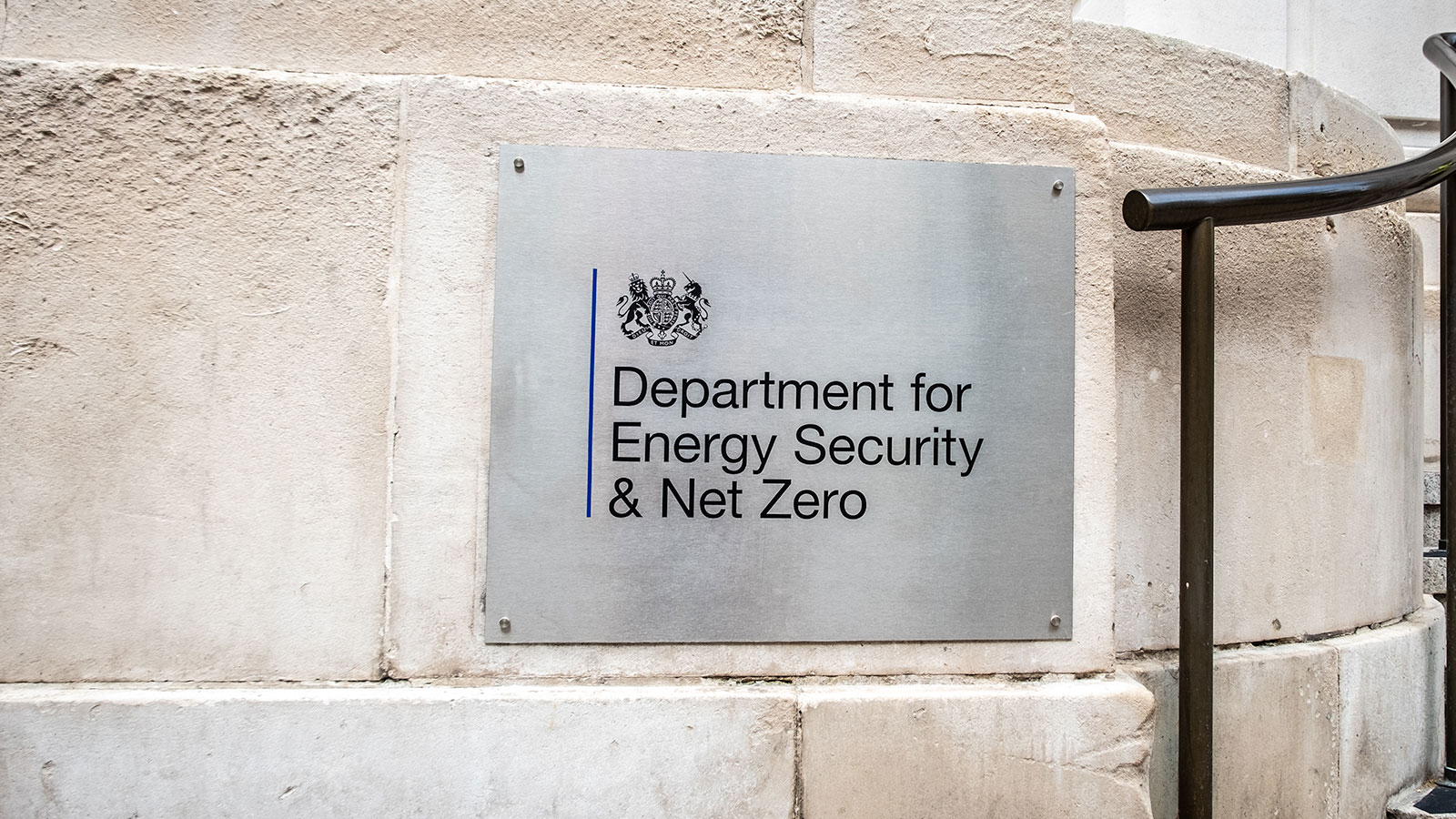Two years on from the unveiling of the British Energy Security Strategy amid the backdrop of the Russian invasion of Ukraine, the UK Government has only successfully fulfilled three out of 10 of its key pledges aimed at enhancing the nation’s energy independence.
That’s according to a new report by the Energy and Climate Intelligence Unit, which noted that the Government had fallen behind on many of its commitments, which would have ensured the UK’s energy security while also helping move the needle in terms of decarbonisation.
One such area that the UK Government is falling behind is its promise to insulate 450,000 homes, a move critical for reducing energy wastage and the reliance on imported gas. Meanwhile, despite vows to conduct annual auctions for new offshore wind farm agreements, only two have been finalised since the strategy’s release, with no progress at the latest auction in 2023.
While there has been an increase and extension in the heat pump grant under the Boiler Upgrade Scheme, the anticipated Clean Heat Market Mechanism, aimed at setting sales targets for boiler manufacturers for heat pumps, has seen delays. Heat pumps, which utilise electricity, could lessen the UK’s dependence on imported gas.
The strategy originally acknowledged the direct impact of global energy price surges on the UK’s cost of living due to its reliance on gas for electricity generation and home heating. It also recognised the influence of global markets on gas prices within the UK.
In line with the strategy’s commitment to boost North Sea oil and gas production, legislation is being pushed to mandate annual drilling auctions by the North Sea Transition Authority. However, the regulator has critiqued this move as ‘unnecessary’. The influence of additional North Sea gas on domestic gas prices is expected to be minimal, given the global basis for pricing.
Jess Ralston, Energy Analyst at the ECIU, provided a critical view of the current state of energy security in the UK, noting, “The UK has had two energy security strategies within two years and we’re still going backwards, becoming more dependent on foreign imports. As a country we’ve spent more than £100bn on gas over the crisis with the bill payer and taxpayer bearing the brunt.
“The Government’s Bill on oil and gas drilling has been described as ‘unnecessary’ by the regulator and will generate minimal more output. The cold truth is the North Sea is in ongoing decline so unless we shift away from gas we’ll have to rely increasingly on imports. We either make the switch to electric heat pumps powered by British renewables or stick with gas boilers running increasingly on foreign gas.
“The PM’s U-turning on insulation standards and heat pumps is leaving the UK less energy independent. And his Government’s policy failures in securing new offshore wind farms mean the UK could miss out on twenty-two times more homegrown electricity than could be generated by gas from new North Sea licences. If it genuinely wants greater energy security it’s prioritising the wrong things.
“The Government has extended and increased the heat pump grant and sales are picking up, but it’s delaying other heat pump policies under intense lobbying from gas boiler manufacturers means we’re still lagging far behind other countries including the US and many in Europe. Heat pumps are one of the UK’s best weapons in the fight for energy independence.”
Recent trends indicate a growing reliance on energy imports as North Sea oil production dips to unprecedented lows and gas output remains significantly reduced. Industry data points to a stark decrease in energy production over the past two decades, with Britain transitioning from a net energy exporter to a substantial importer, with over 40% of its energy sourced from abroad in 2022, predominantly from Norway and the US.

